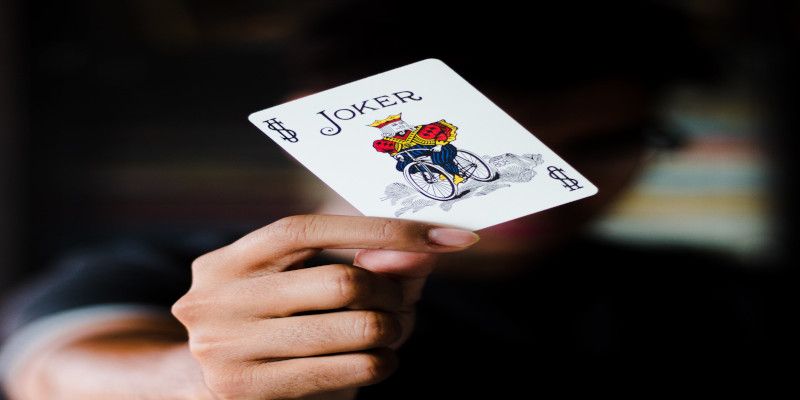Table of Contents
ToggleBeing betrayed by someone we love is painful, but unavoidable at times. That’s because having the courage to trust means we’re inevitably bound to get hurt at some point in our lives.
But getting tricked again by that same person is our fault since we didn’t learn our lesson the first time, and chose to believe them again.
Fool me once, shame on you, fool me twice, shame on me indeed. Let me explain what it means.
What does, "Fool me once shame on you, fool me twice shame on me" mean?

How fool me once shame on you fool me twice shame on me applies to life

Fool me once shame on you, fool me twice shame on me is an important lesson to learn in life since not everyone wants the best for us.
Trusting shows strength
Not everyone is trustworthy, that’s for sure. Yet, being capable of trust, and having the necessary courage to do so, knowing fully well that we can be hurt, or taken advantage of, is a sign of strength, not weakness.
But unfortunately, we’re probably going to get hurt somewhere down the line, most likely multiple times.
Trusting the same person after being tricked once already shows naivety
Nevertheless, trusting the same person after being tricked by them before shows naivety and that you’re an easy victim for people looking to take advantage of you.
Some people are naturally more trusting, kind, agreeable, and loving than others. But reality doesn’t adjust itself to our personality, or to what we want it to be. That’s why we can’t be, and certainly can’t remain naive.
Bad people exist

There are predators out there looking to manipulate and take advantage of their victims for their gain, or simply for the sake of damaging others.
Not only will they trick you, but they will try to twist it in such a way that they’re the victim, and you the offender. They’re going to continue manipulating you until you have the courage and self-respect to walk away.
Who said fool me once fool me twice?
Conclusion

If you’ve fooled me once, shame on you, but if you’ve fooled me twice, then shame’s on me indeed.
Trusting people is great, and even commendable. Yet, remaining trustful of someone who has tricked or betrayed you before is simply naive.
That’s why you should be mindful of whom you rely on since no one is looking to get hurt.
Still, banking on someone means you can get hurt, and relying on others means that you’re inevitably going to get harmed eventually since not everyone wants the best for us, even though they might say they do to manipulate us.

Love this